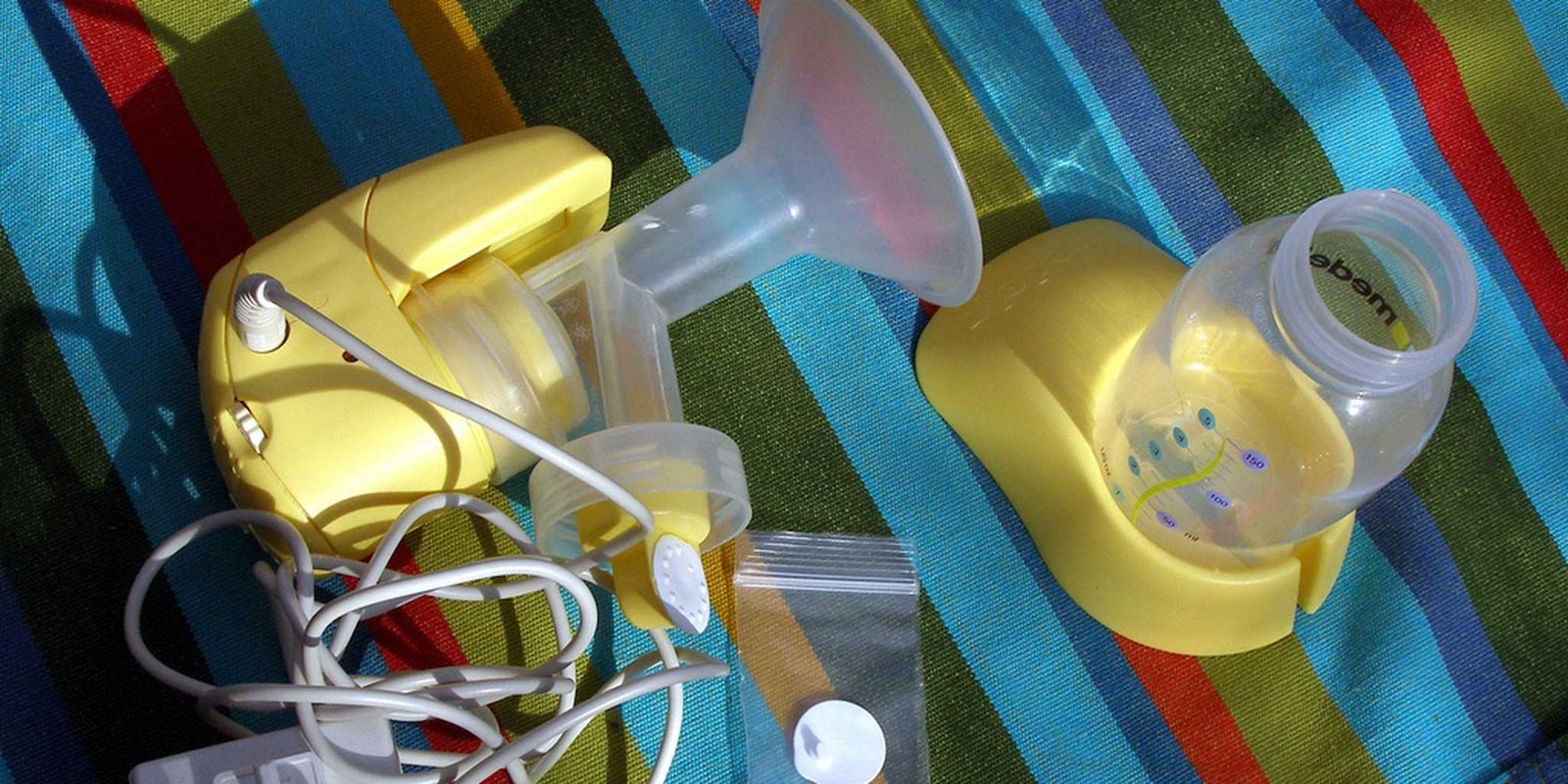For new mothers, breast pumps can suck—literally and figuratively. But MIT is going to lead the charge to change this.
On Sept. 20-21, MIT Media Lab will host the Make the Breast Pump Not Suck Hackathon, which gives 150 participants the chance to improve breast pump technology. With diverse backgrounds, these parents, engineers, designers, and healthcare givers will work together to “make the breast pump experience not suck so much.”
After a round of pitching on Saturday, participants, 40 percent of whom are estimated to be MIT students, will break off into teams of 5-10 people and collaborate, focusing on specific ways to improve the breast pump. MIT will provide 3D printers, wearable prototyping materials, Raspberry Pis, and more.
At an earlier hackathon, groups presented solutions that would make the experience more comfortable by changing some of the pump’s materials, making adjustable parts, and creating a mobile interface that could interact with the pump.
The hackathon organizers were first inspired by a post to the New York Times’ blog, Motherlode, which described challenges of breast feeding, as well as how the technology has remained largely unchanged since creation of the first mechanical breast pump in 1956. Not only is the “critical, daily tool” uncomfortable for some users, constant need to plug in the device and the volume of the motor makes it inconvenient to use. “Our half-ton hybrid car is quieter,” Courtney Martin and John Cary wrote in the article.
MIT Media lab first held a breast pump hackathon on May 21, in which the organizers invited designers, scientists, and engineers within the Media Lab network, as well as local professionals involved in helping families with new babies.
“The goals for the hackathon were to educate ourselves and our colleagues about the mechanics of breast pumping, discuss design challenges posed by current technologies and societal norms, and generate ideas for how we could change our machines and our society to make breastfeeding and breast pumping a normal, painless, and not-degrading experience for moms,” Catherine D’Ignazio, a research affiliate in the Civic Media Group and organizing member of the hackathon group, wrote in a blog post earlier this year. “We want to bring the breast pump out of the lactation closet, so to speak.”
The event’s organizers, most of whom are parents, received over 500 emails from people after the first hackathon discussing ways to improve the breast pump, according to Boston.com. They also created a Facebook group, “Hack the Breast Pump,” which continues to receive suggestions from people.
Meanwhile, the health benefits of breastfeeding strengthen the immune system and help reduce the risk of diabetes, heart disease, and cancer, according to the Natural Resources Defense Council. The Center for Disease Control and Prevention reports that 76.5 percent of mothers breastfeed their children, but the Media Lab explains that many women do not breastfeed at all or wean after a few months. “In particular, low-income, working women are rarely able to take extended maternity leave, to afford the cost of a pump, or to pump breastmilk at their workplace,” they explain on their site.
Those in the Boston area are invited to attend the event at 5 p.m. Saturday to give teams feedback on their ideas or from 4-6:30 p.m. Sunday to hear final team pitches and find out which team will win the $3,000 grand prize. For those unable to participate in the event, the Media Lab encourages people to send their ideas for improving the breast pump through their site.
Photo via Treehouse1977/Flickr (CC BY-SA 2.0)
